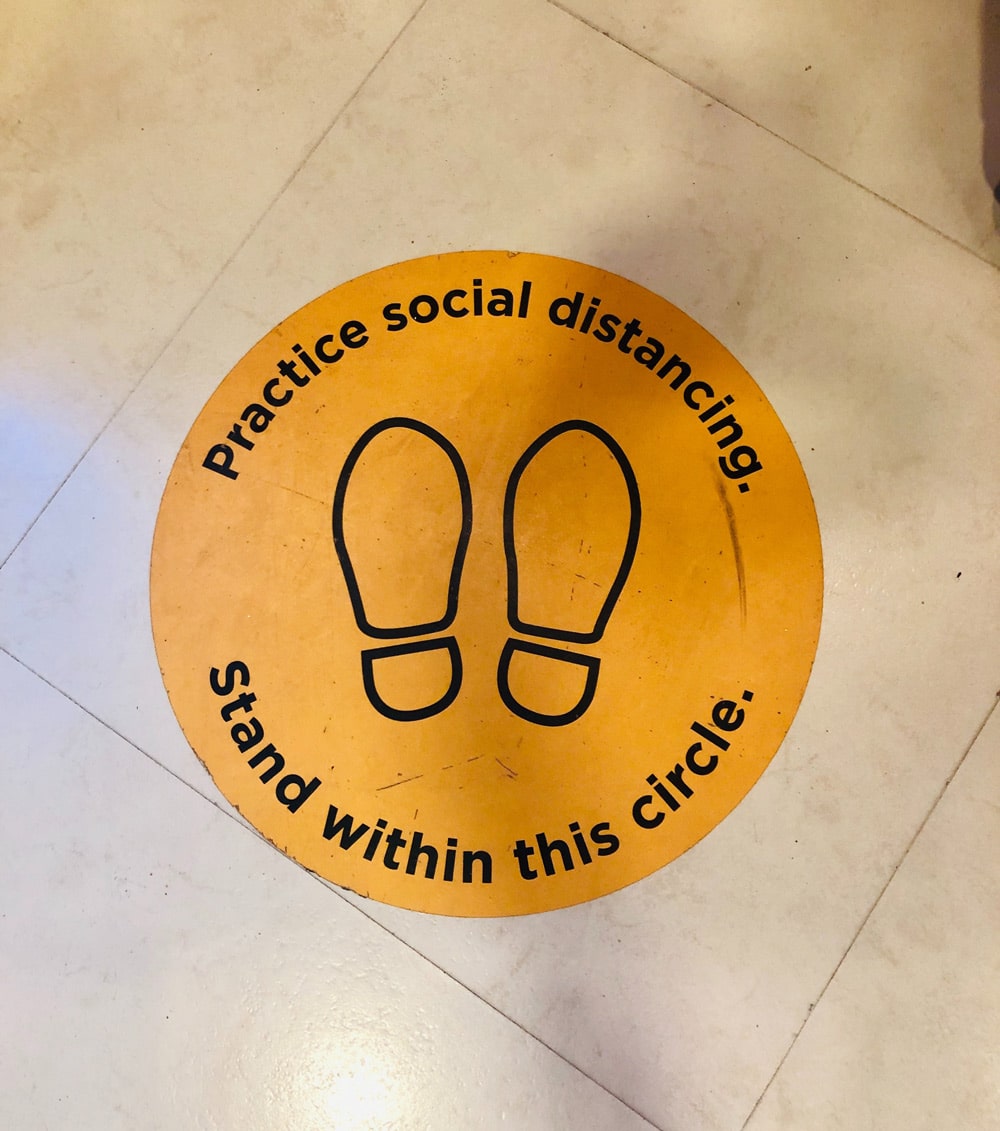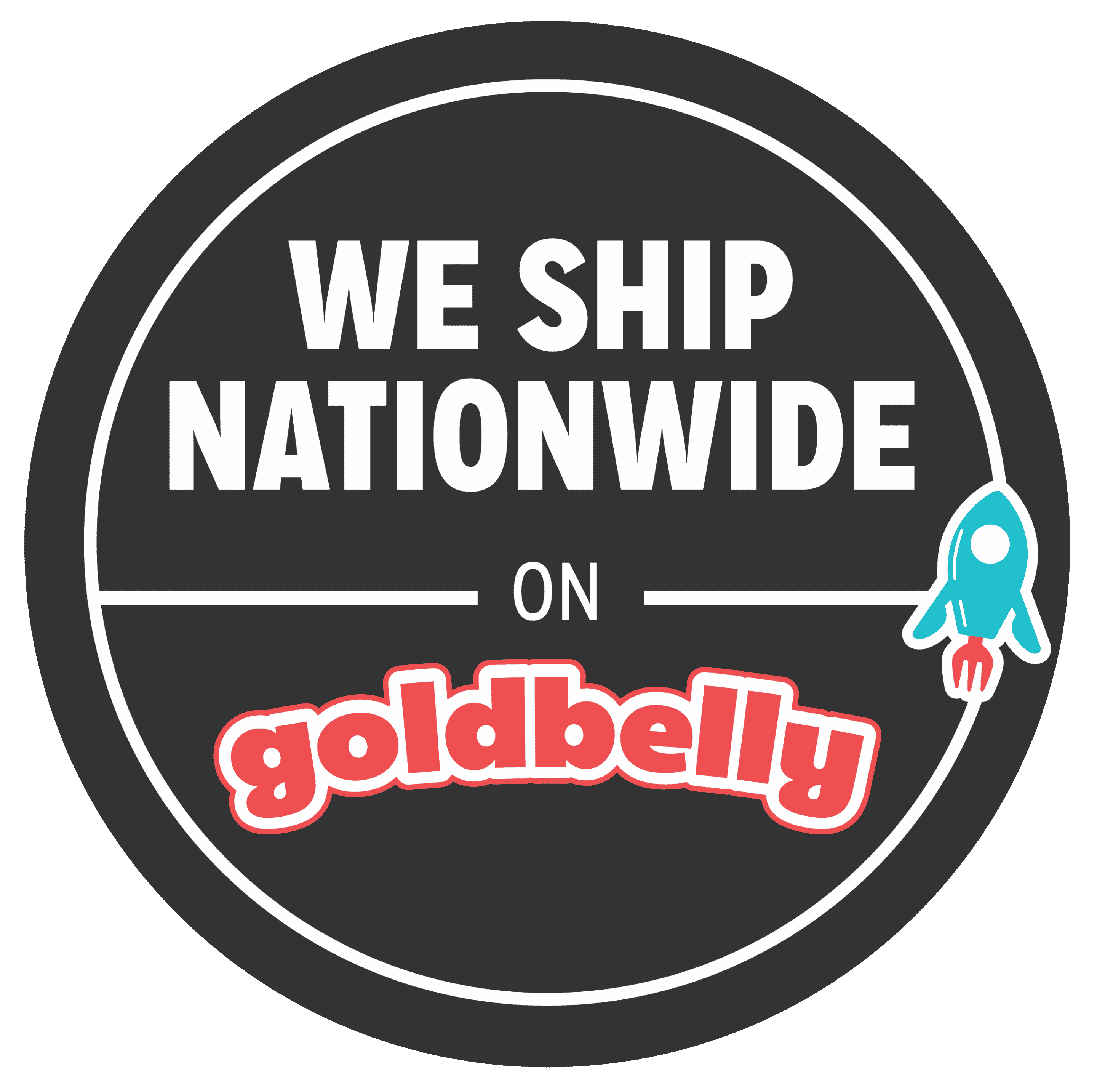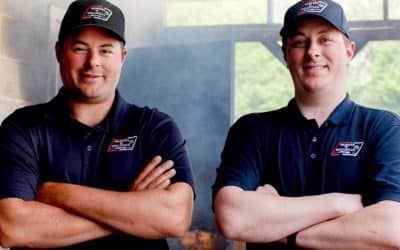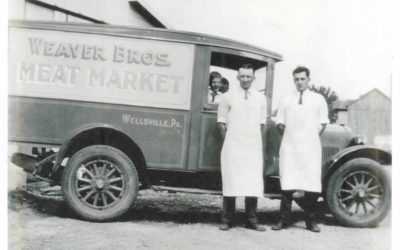While they may not want to admit it considering the pain and hardship that has been inflicted on many industries, most retail food businesses are coming off the most lucrative year of their lives. An abnormal elimination of competition through health department restrictions and consumer decisions to limit gathering led to a massive influx of shopping for at-home cooking. The entire world was learning to bake their own bread, sous vide a steak, and broil a crab cake. There is more value in the lessons from the past year, though, than the sales. Following are a few lessons we have learned at Weaver’s of Wellsville since the beginning of this pandemic:
#1. The best investment you can make is in your personnel.
Where would any of us have been without our co-workers throughout this year? Early on we faced long hours and uncertain supply and demand. Manufacturers were working at fractional capacity and customers were anxious to fill their cabinets and refrigerators. It became a daily struggle to demand more from your team while still making them feel appreciated. Those who had made an investment in their personnel prior to the pandemic received the dividends from their investment many times over.
#2. Some things are beyond our control.
In business school, a PESTEL analysis always seemed excessive for a small business. These were the types of factors that affect multinational corporations, not mom and pop shops. For many of us this was the first time something completely out of our control had immediate significant effect on our business. It was a humbling experience, and one to learn from.
#3. Flexibility is the most valuable trait a firm can have.
Many new words have gained prominence during this pandemic, but the most noteworthy in business is “Pivot”. Caterers became meal kit producers, salad bars became grab-and-go areas, and “to-go” cocktails became an art form. Those that were able to innovate found an excited new customer base.
#4. Work is not everything.
In the past year loved ones were lost, businesses were lost, and time was lost. This industry was fortunate to have financial stability, but to only look at our own stability would be to miss the big picture. Work is a part of our lives, but it is not our whole life. Friends, family, and memories are what truly matters.
As the memory of the pandemic hopefully fades in the coming years, we must be certain the memory of these lessons does not. There is no guarantee another challenge on par with this is not lurking around the corner, and the next challenge may not be as friendly to the retail food industry.



